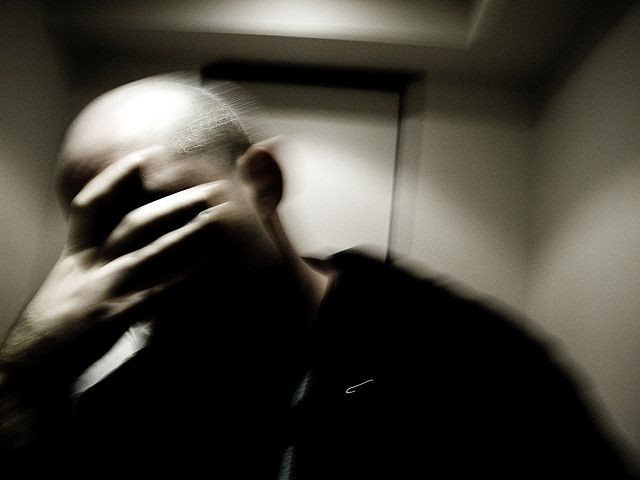Simple Vision Test May Be Effective For Concussion Detection In Young Athletes

Concussions have been a very hot-button topic for some time now — whether it's in the sports world, particularly the NFL, and now Hollywood releasing the new movie Concussion before the end of the year. According to the Mayo Clinic, “a concussion is a traumatic brain injury that alters the way your brain functions.” Though concussions are sometimes difficult to diagnose, new research shows that a certain test may better help physicians determine if a patient has suffered one.
A meta-analysis and systematic review led by NYU Langone Medical Center concussion specialists has determined that a timed vision test that involves rapidly reading numbers off of cards can be a valuable sideline tool for detecting whether a concussion occurred while playing sports. This timed vision test, known as the King-Devick test, was found to be 86 percent accurate as to when a concussion occurred. The researchers found this information using studies that involved athletes who sustained a concussion during sporting activities. When combined with rapid assessments of balance and cognition, the two tests were able to determine 100 percent of the time if a player was concussed.
"There is no diagnostic substitute for a medical professional when it comes to evaluating an athlete for concussion, but physicians are not always on the sidelines during practice or a game when an injury might occur," said senior study author Laura Balcer, co-director of the NYU Langone Concussion Center and a professor of neurology, population health, and ophthalmology at NYU Langone, in a press release.
The researchers' study found that the test was a simple yet effective tool that would grant everyone from parents to team physicians the ability to determine the health of an athlete, whether they had been concussed and if they should return to the game or seek further medical attention.
The test was administered to athletes prior to the start of their season. It consisted of the athlete reading numbers off of a list as quickly as possible, all the while being timed by a stopwatch. Balcer and her colleagues conducted a meta-analysis review of 15 previously completed studies where a rapid number naming test was utilized. It included 1,419 athletes, 112 of whom had suffered a concussion. Pro hockey players, along with youth, college, and amateur football, hockey, soccer, lacrosse, basketball, boxing, and rugby athletes were involved in the studies.
On average, concussed athletes completed the King-Devick test 4.8 seconds slower than their original, pre-season score. The test detected 96 out of 122 concussions, as well as differentiating between a concussed and non-concussed athlete 90 percent of the time. This meant that any athlete who had a worse time score than their pre-season score was five times more likely to have suffered a concussion.
"This tool as part of a simple battery of tests assessing cognition and balance can raise a flag for those athletes that require follow-up with a medical professional," said study co-author Steven Galetta. "In the heat of a game, there is a lot of chaos and confusion on sidelines, so anything that helps eliminate guesswork is needed."
Source: Galetta K, et al. The King-Devick test of rapid number naming for concussion detection: meta-analysis and systematic review of the literature. Concussion. 2015.
Published by Medicaldaily.com



























